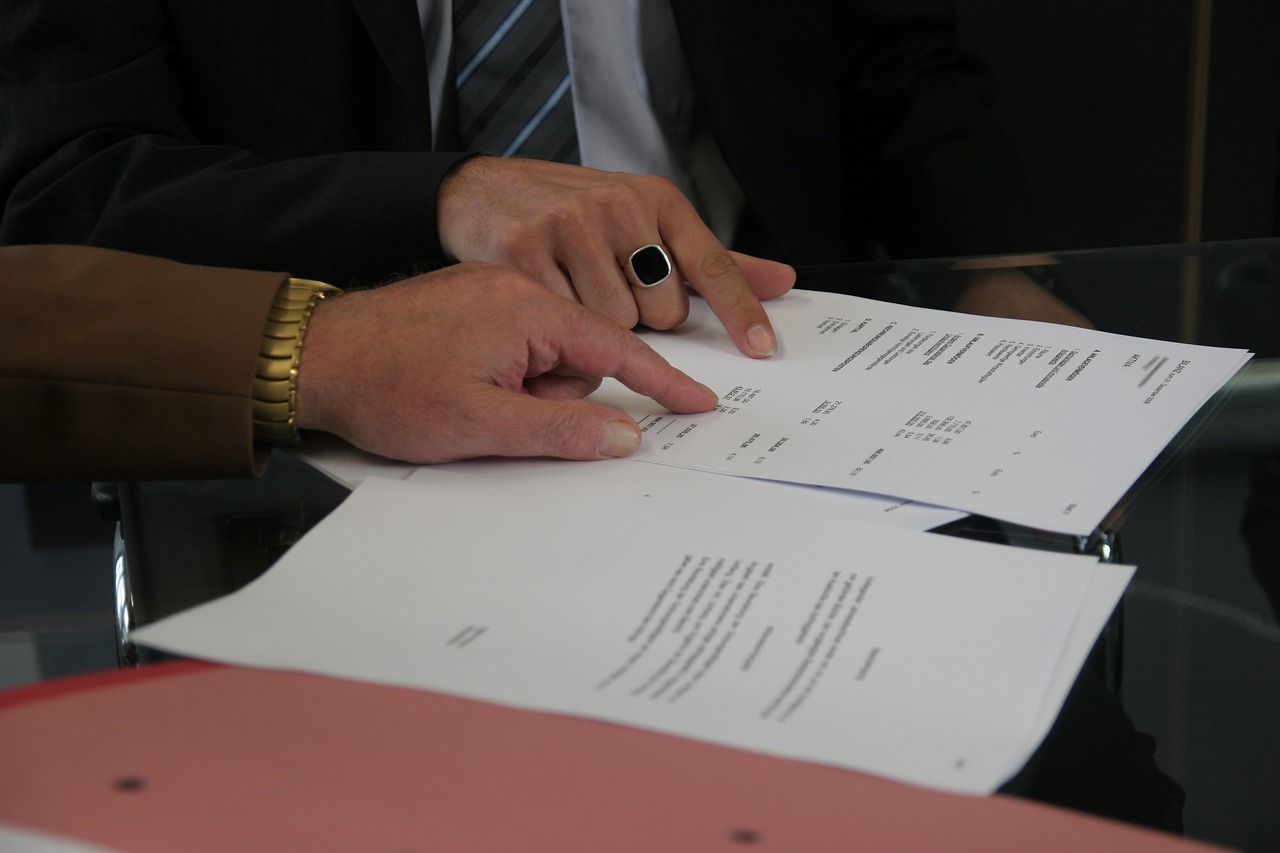
The time has come to sign the sale contract under conditions for your future property. You are afraid of missing out on the important elements of this contract. We can help you! Here are the 5 points you need to consider carefully before signing your final commitment.

You have reached an agreement on the selling price after visiting the property the seller has presented to you.
But have you taken note of all the details of the property you are going to buy?
The compromis should give you all the information about the property:
In the case of a business (agricultural, equestrian, winegrowing, etc.) the agreement will also indicate all the specific features of the business in terms of the takeover of employment contracts, commercial contracts, subsidy rights (CAP, DPU), environmental commitments, etc.
A number of surveys must be carried out before the sale can be finalised.
These diagnostics are carried out to ensure that you have all the important information about your property.
They also reduce the risk of post-sale disputes. You will not be able to hold the seller responsible for the poor condition of the electrical or gas installation. Nor can you blame the seller for poor insulation or high energy bills.
You will also be informed if the seller has carried out major work in the previous 10 years, ...
Both parties want to be sure that the sale goes through. It is important to retain the option of walking away from your project if no bank agrees to give you a loan. And on the seller's side, it is important to be reassured about the financial feasibility of the project.
This is why the compromise includes a section on the financing arrangements. You also benefit from a suspensive condition that gives you a minimum of 30 days to obtain a loan offer if the agreement includes a residential house.
You will also usually have to pay a deposit when you sign the agreement. This sum will be returned to you if you are refused financing or if another suspensive condition of the deed is not lifted.
You can read a more complete article on the security deposit because it is often a sticking point between seller and buyer.
In addition to the question of financing, the contract may provide for the prior fulfilment of various conditions before the final sale is signed. These are usually defined to protect the buyer.
What preconditions can you include?
Obtaining planning permission or a positive planning certificate: If you have planned a new building or extension, you can include a condition relating to the administrative authorisation of this work.
Prior sale of another property: Your self-financing sometimes depends on the resale of your main residence or another property. Insert a clause linked to the completion of this operation to guarantee you against any unpleasant surprises.
Obtaining administrative authorisations: Obtaining an authorisation to operate from the Contrôle des Structures or the Installations Classées, which are often compulsory.
Obtaining land leases: if you are taking over a farm or a vineyard, it may be necessary for the previous owners to grant you rural leases on the land previously farmed by the seller.
These are just a few examples of conditions that can be included. Take the time to consider them carefully before signing.
 Sealing the final commitment
Sealing the final commitmentA compromis de vente is a sales contract that is signed under the condition of lifting a certain number of suspensive conditions. When the conditions of the preliminary sales agreement are lifted, the sale becomes perfect, i.e. it is no longer possible to break the commitment.
The preliminary sales agreement often contains a penalty clause which offers an exit door (without legal recourse) but it usually involves the payment of a sum of money (often 10% of the price) to the other party. This clause is above all there to remind each party of the nature of the commitment they are about to make.
In conclusion, you will have understood that the preliminary sale agreement is a very important document which determines the final conditions of the sale and receives the final commitments of each party. The stakes are high and often exceed the purchase price. So do not hesitate to seek the assistance of specialists in this phase.